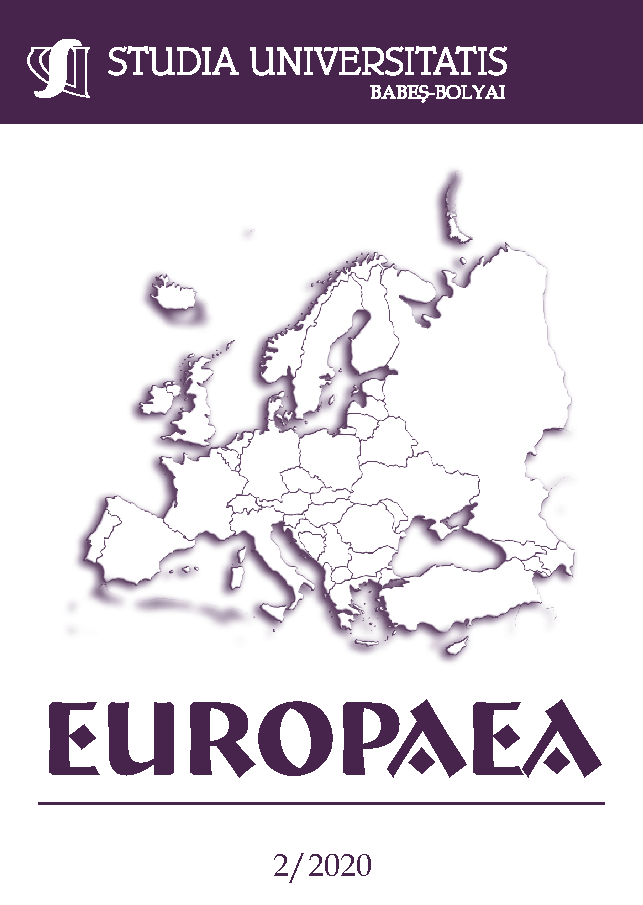LANGUAGE AND PUBLICS IN A GLOBAL DIGITAL WORLD. WHAT IS LINGUISTIC CITIZENSHIP IN THE 21ST CENTURY?
LANGUAGE AND PUBLICS IN A GLOBAL DIGITAL WORLD. WHAT IS LINGUISTIC CITIZENSHIP IN THE 21ST CENTURY?
Author(s): Britta SchneiderSubject(s): Cultural Anthropology / Ethnology
Published by: Studia Universitatis Babes-Bolyai
Keywords: languages; nationalism; public spaces; standardization; late modernity;
Summary/Abstract: In this article, I discuss language from a linguistic anthropological perspective, where the existence of standardised languages is understood as an outcome of socio-political discourses in the age of nationalism, in which the technologies of print literacy enabled national public spaces – and with it, national language standards – to emerge. What happens to language standards and public spaces in the era of digital technologies and transnational interaction? I introduce some examples and develop ideas on language policing in settings where monolingual national ideals exist besides other emerging linguistic authorities.
Journal: Studia Universitatis Babes-Bolyai - Studia Europaea
- Issue Year: 65/2020
- Issue No: 2
- Page Range: 45-70
- Page Count: 26
- Language: English

